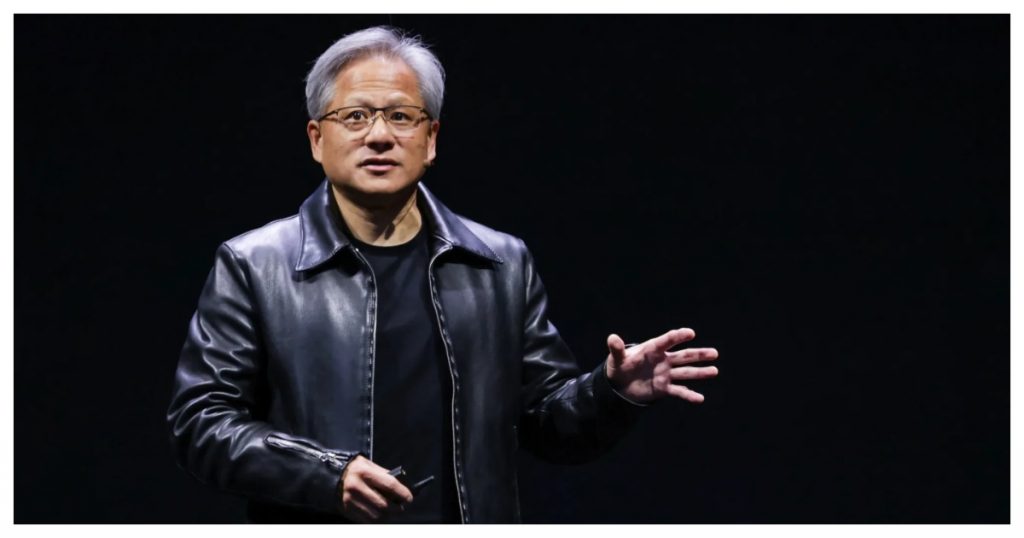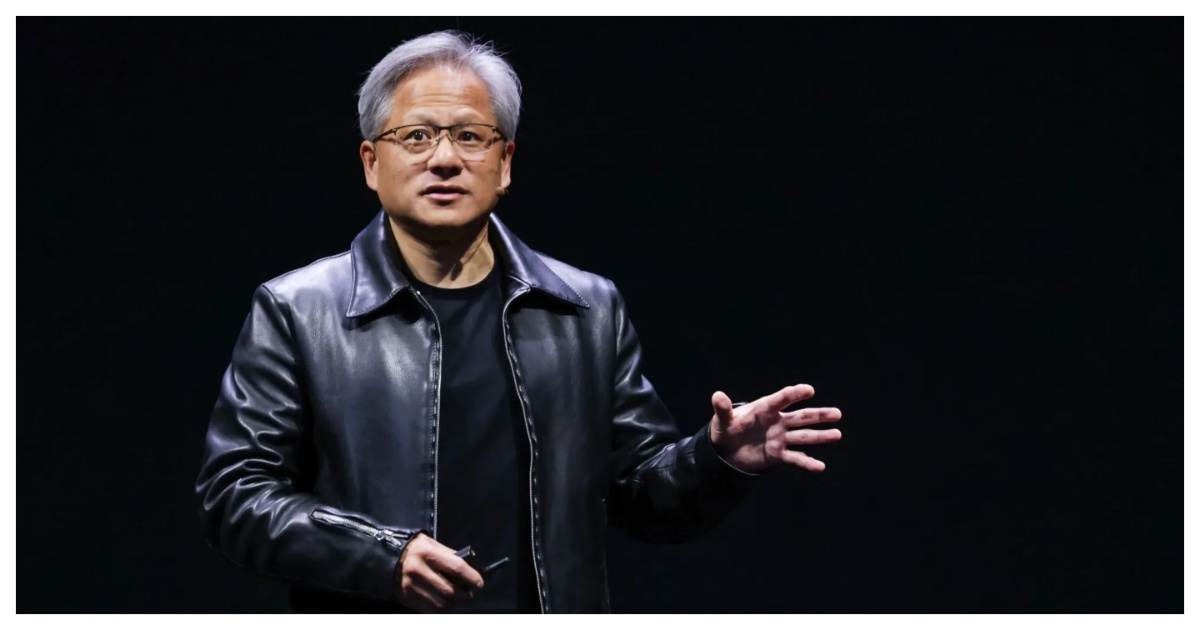The world’s best entrepreneurs might have ended up being quite successful, but they agree that it doesn’t come easy.
Jensen Huang, the CEO of Nvidia, a company that has seen phenomenal growth in recent years thanks to its focus on GPUs for AI, has some insightful thoughts on the subject of success. In a talk he gave several years ago, Huang emphasized the importance of developing a tolerance for failure, particularly in the pursuit of innovation. His candid remarks offer a practical perspective on navigating the challenges of building something new. He highlights the seemingly paradoxical idea of “failing quickly” as a key ingredient for success, and stresses the need for intellectual honesty and a willingness to change course when necessary.

“If you want to be successful,” Huang begins, “I would encourage you to grow a tolerance for failure.” He continues with a crucial caveat: “If you fail often enough, you actually might become a failure, and that’s different than being successful.” This distinction underscores the need for strategic failure, not simply repeated missteps. The core question then becomes, “How do you teach someone how to fail, but fail quickly, and to change courses as soon as you know it’s a dead end?”
Huang’s answer lies in what he calls “intellectual honesty.” This involves continuously assessing whether something makes sense and having the courage to change direction when a decision proves wrong. He challenges the notion of infallible CEOs, stating, “A lot of people say CEOs are always right and they never change their mind. That doesn’t make any sense at all to me, especially when it violates the first principles of what we want the company to become: an innovative company that does amazing things, that solves problems for the world that it sometimes didn’t even know it had.”
He goes on to link risk-taking, failure, and innovation: “If you want to do that, then you have to cultivate that tolerance for risk-taking, and you have to then teach people how to fail, but fail quickly and inexpensively. Innovation requires a little bit of experimentation. Experimentation requires exploration. Exploration will result in failure. Unless you have a tolerance for failure, you would never experiment. And if you don’t ever experiment, you would never innovate. If you don’t innovate, you don’t succeed. You just be a dweeb. That’s it.”
Huang’s words resonate deeply in today’s fast-paced, technology-driven world. The recent surge in generative AI, a field Nvidia plays a pivotal role in, exemplifies the kind of rapid innovation he champions. Developing these transformative technologies required countless experiments, many of which undoubtedly resulted in failure. However, it’s precisely this willingness to explore, to take calculated risks, and to learn from mistakes that ultimately drives progress. Huang’s message is clear: Embracing failure, not as an end goal but as a stepping stone, is essential for anyone striving to achieve meaningful success. His insights offer a valuable roadmap for individuals and organizations seeking to navigate the complex landscape of innovation and achieve breakthrough results.
